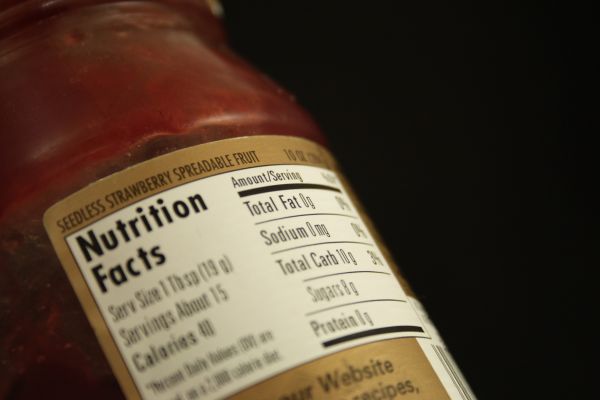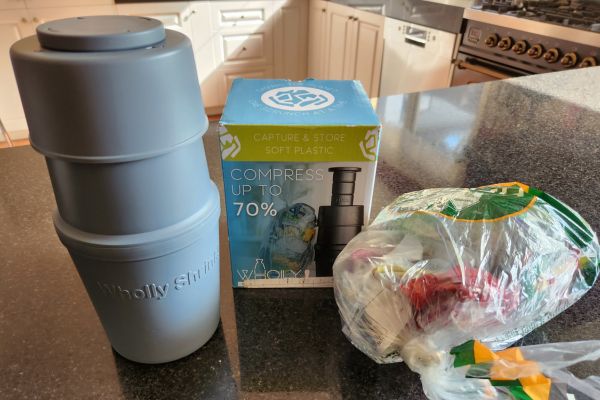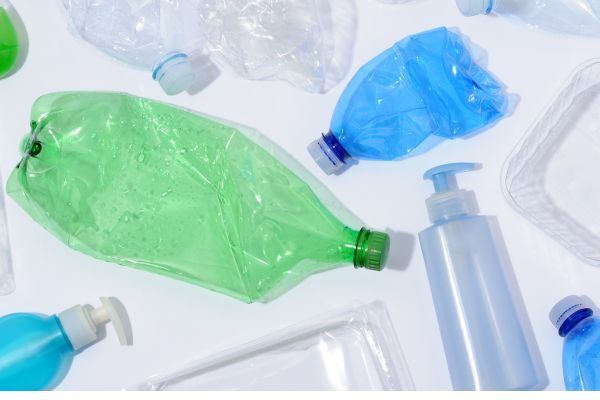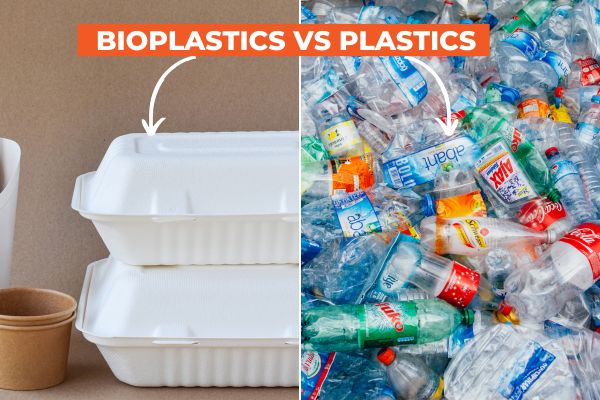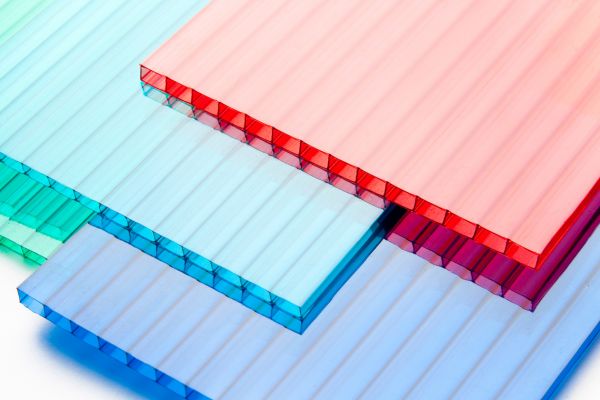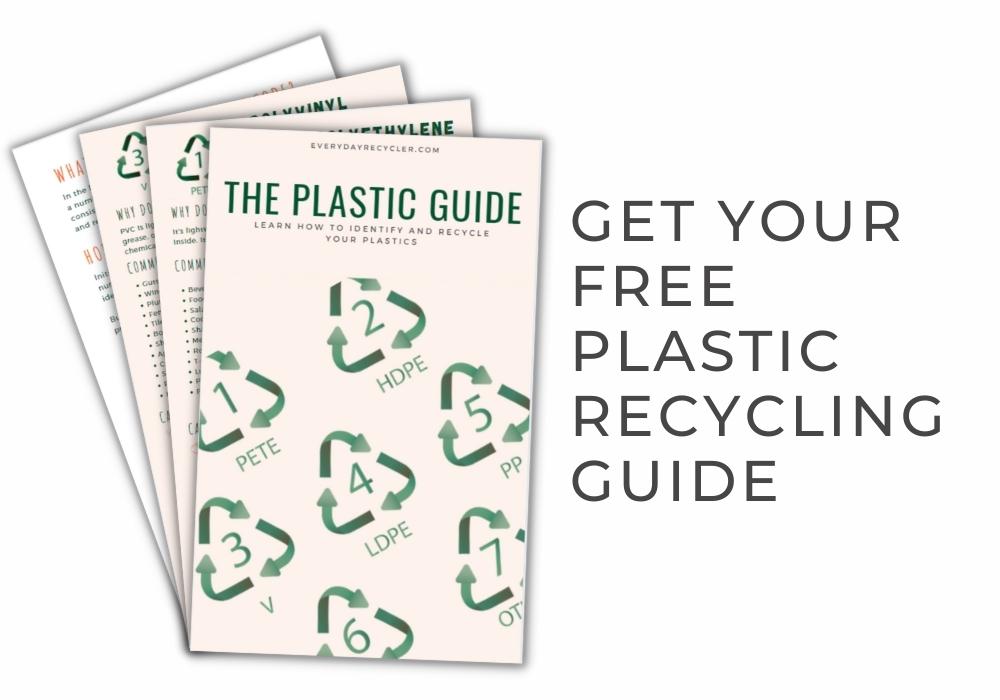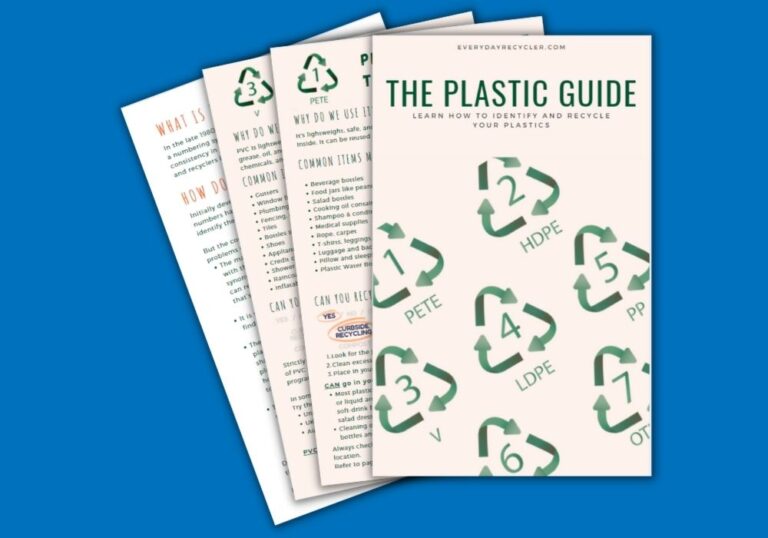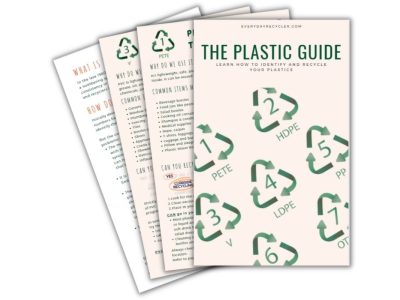Recycling is a fantastic way to reduce your environmental footprint and contribute to a more sustainable future. However, one question that often arises in the world of recycling is whether or not you should remove labels from plastic bottles before tossing them into the recycling bin.
To label or not to label, that is the question!
Let’s take a look at recycling plastic bottles and unravel the mystery of whether you should remove the labels before recycling them or not.
The complex world of recycling
Recycling is like a complex puzzle that, once solved, can lead to a cleaner, greener planet. But, as with any puzzle, there are various pieces to consider. When it comes to plastic bottles, we’re dealing with more than just the bottles themselves. We’ve got labels and bottle lids to contend with.
Instead of worrying about whether you should remove the label from your plastic water bottle, why not invest in a reusable water bottle like the ones below? You can save yourself some money and reduce your impact on the planet.
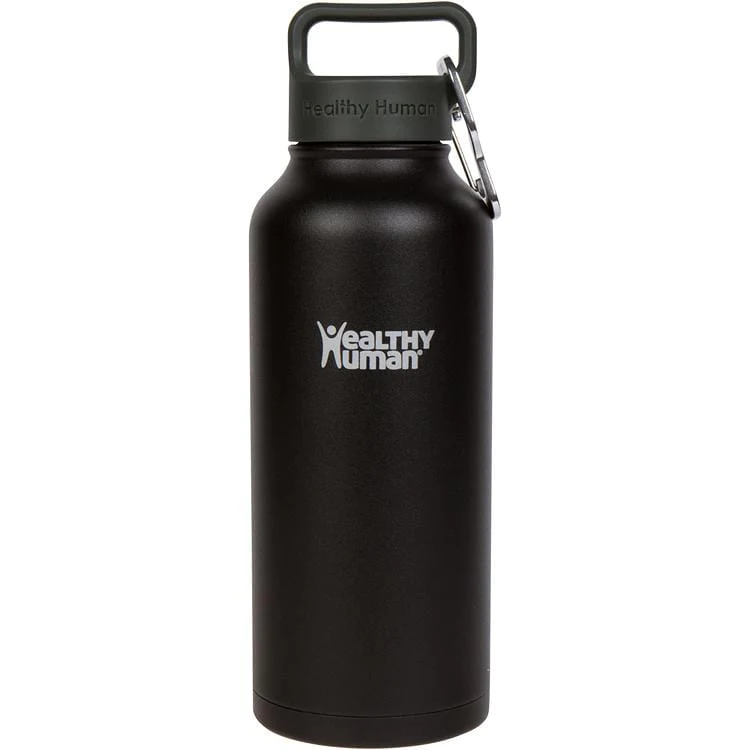
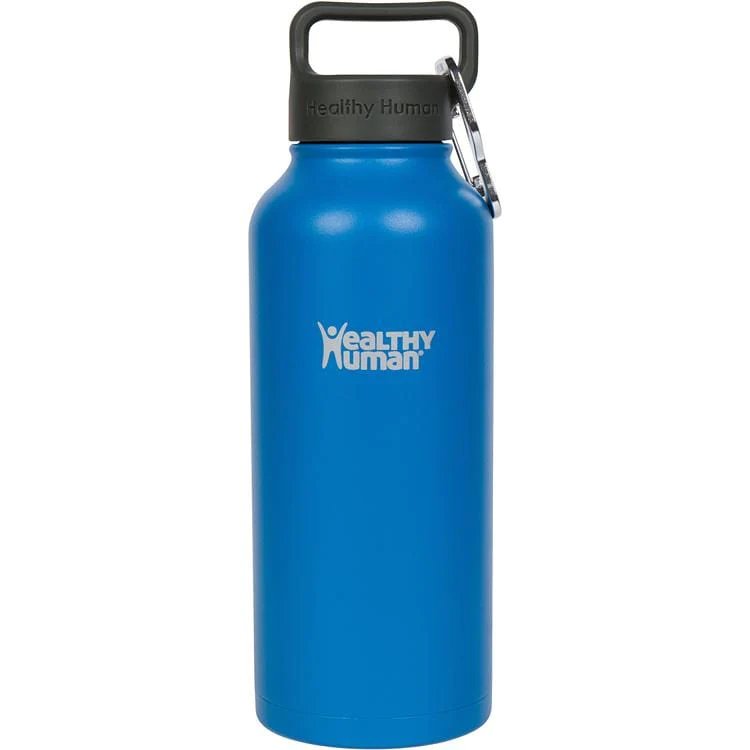
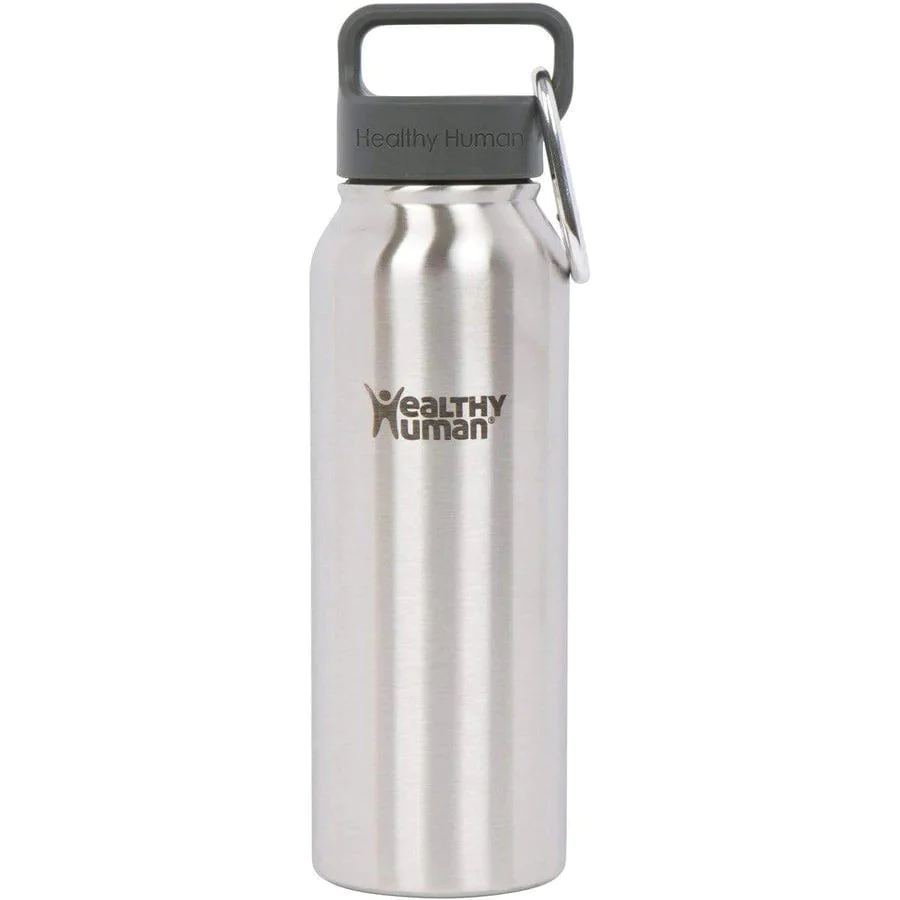
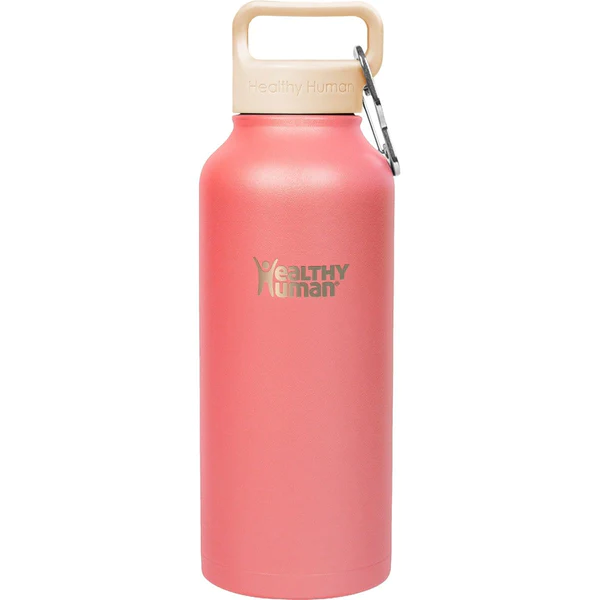
Below, we’ll focus on the labels, but you can check out our other article if you want to find out what to do with bottle lids or caps.
What’s the purpose of labels anyway?
Labels on plastic containers play a vital role in conveying crucial information to consumers and ensuring the safe and efficient use of products. These labels provide essential details such as product contents, nutritional information, usage instructions, and safety warnings. In addition to serving as a means of product identification, labels also enable consumers to make informed choices, from dietary considerations to allergen awareness.
Moreover, in the context of sustainability and recycling, labels can convey information about the type of plastic used, facilitating sorting and recycling processes and promoting eco-conscious consumer behaviors.
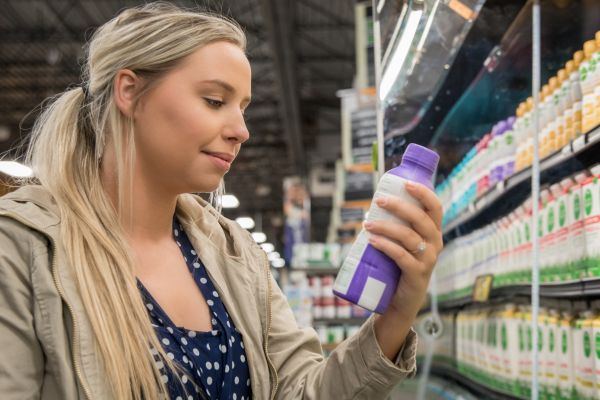
Should we remove labels or not?
Labels on plastic bottles might seem like harmless bits of paper or plastic, but they can have an impact on the recycling process. The primary issue is that they’re often made of a different material than the bottle itself. You see, plastic bottles are typically made from PET (polyethylene terephthalate), while labels can be made from a variety of materials, including paper, plastic, or even a mix of two or more types of materials.
Despite the differences in materials and other issues, most locations do not require you to remove labels from plastic bottles or containers before placing them in your curbside recycling bin. Most recycling facilities can deal with these different materials. The recycling of glass, plastic, and metal requires the use of high heat, which eliminates contaminants like labels and glue. It’s important that you check your local rules, though.
But if you can easily remove the label by peeling it off or cutting it, you will be helping to improve the recycling process. It’s a small effort that can ensure that every aspect of recycling is as efficient and effective as possible. There’s always a chance that the label material does not all burn away, and it causes contamination in the end product. Plus, if you have access to a soft plastic recycling program, you can possibly recycle the plastic label through that service, although it is best to check their rules first.
Different types of labels
Let’s take a closer look at the different types of labels and how they can impact the recycling journey of a plastic bottle.
Paper Labels
Paper labels and the glue that holds them are usually burned away during the recycling process. If you can remove the paper labels and recycle the paper separately, that’s the best solution, but if it’s too hard to remove, then just leave it on and put the item in your curbside bin.
Plastic Labels
Plastic labels, as you might guess, are a bit more problematic than paper. These labels are often made from materials that are not the same type of plastic as the bottle. Some may be made of polypropylene (PP) or polyethylene (PE), while the bottle is typically PET. This means that during the recycling process, these labels can contaminate the PET recycling stream. For example, if a PET bottle is wrapped with a PP label, an optical sorter may think the bottle is actually made from PP, and the bottle will be sorted with other PP plastic instead of PP.
This is particularly the issue with heat-shrink labels. Heat-shrink labels are those fancy-looking labels that adhere tightly to the bottle through a heat process. These labels can pose quite a challenge for the recycling industry. They often don’t easily come off during the recycling process and can cause processing issues.
A Better Reusable Alternative
The Wrap
The industry is improving processes where they can, and in most circumstances today, there is no need to remove paper or plastic labels however, things vary depending on your location, and you should always check your local rules.
Remember, if you can remove a label easily, then it’s worth the effort. By minimizing the amount of foreign material and removing labels, we can improve the quality of the recycled material and its chances of being made into a new product.


